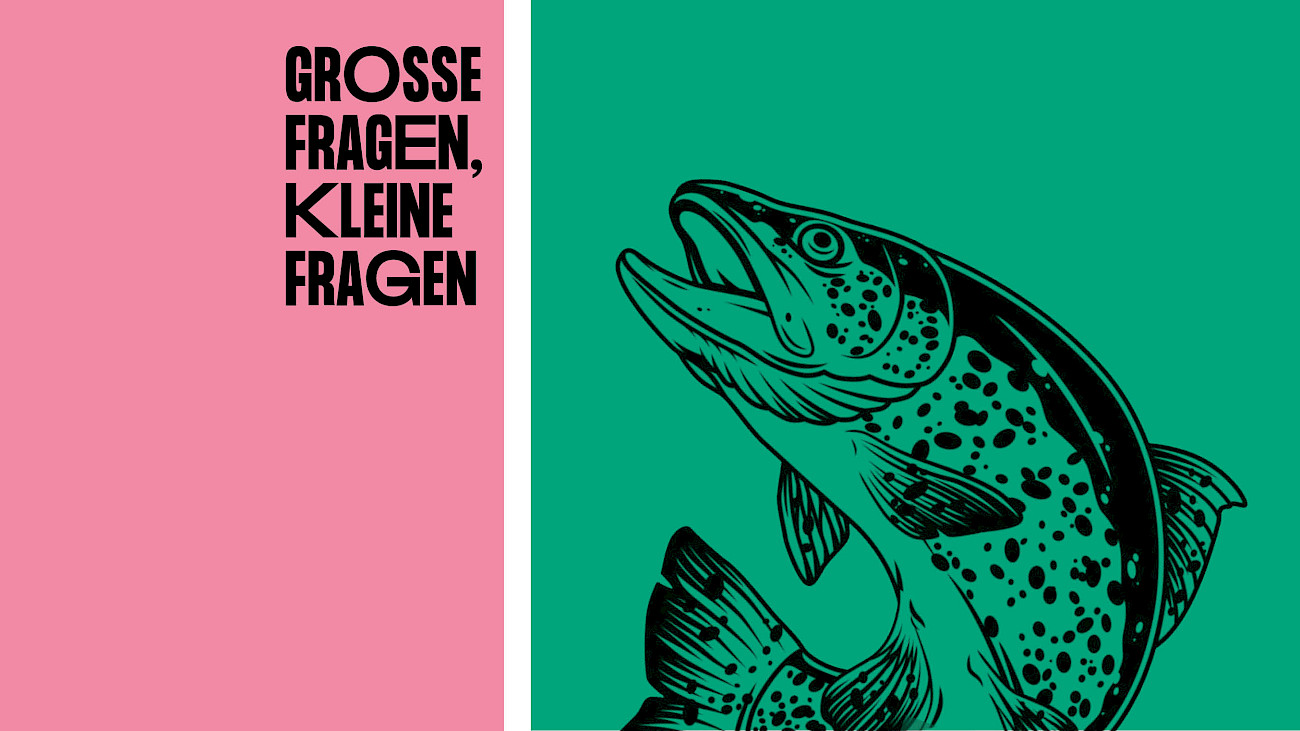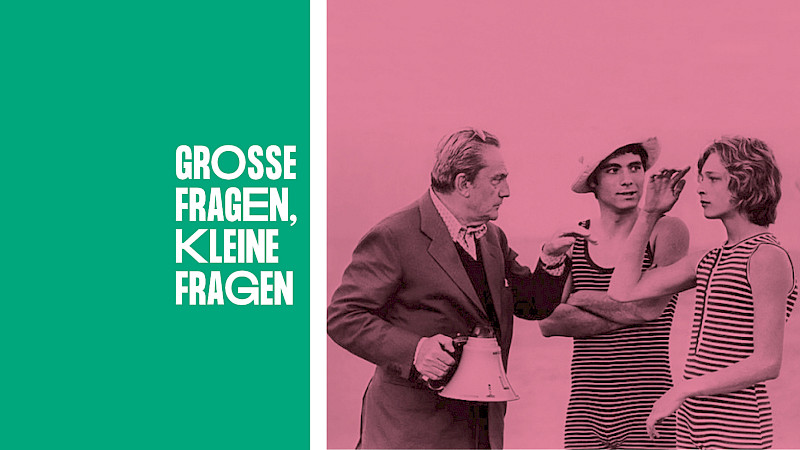
Who is swimming here?
Fish do not play a major role in the history of music. But there are a few examples.
"The trout"! Of course, if you want to talk about fish in music history, you can't go past Franz Schubert. The trout that glides cheerfully through the water "in a small stream" only to end up deceived on the fishhook is not only the protagonist of one of his most famous songs. The song later became the model for the equally popular "Trout Quintet", Schubert's only piano quintet. Our musicians are now combining both works in a chamber music programme - reason enough for a little research into musical fishing.
In Schubert's case, it leads above all to the fishermen. In the song "Der Fischer", a mysterious water woman lures the protagonist into the deadly waters as punishment for his fishing, while in "Des Fischers Liebesglück" there are kisses in the boat. And in "Wie Ulfru fischt", the fish manage to do what the trout could not: they escape.
In addition to Schubert, Camille Saint-Saëns was also inspired by fish. His "Aquarium" from the "Carnaval des animaux" is a glittering piece for flute, glass harmonica, two pianos and strings - with the glass harmonica playing double duty on the theme: The instrument only sounds when the glasses (which can certainly be understood as small aquariums) are moistened with water. And its ethereal sound has always been used for things that are beyond the "normal": This applies to the mad aria in Donizetti's opera "Lucia di Lammermoor" as well as to the underwater world of Camille Saint-Saëns.
Country and children's songs
The search also leads to country music, for example, which has its very own tradition of idyllic fishing songs. Or to children's songs such as "Drü chlini Fischli schwümed im Meer". Or to fairytales like in Dvořák's opera "Rusalka", in which other water creatures appear alongside the eponymous mermaid.
And then there are three fish stories - in which Franz Schubert again plays the leading role. The first is downright macabre: fish was apparently the last thing Schubert ate. It was at a dinner with his brother Ferdinand, who later reported the following: "As he was about to eat a fish last October evening, after eating the first piece, he suddenly threw his knife and fork onto the plate and claimed that he was disgusted by this dish and felt as if he had taken poison."
It was initially assumed that he had been poisoned by fish. Schubert wrote to his friend Franz von Schober on 12 November 1828 that he was ill: "I have not eaten or drunk anything for eleven days". But it was probably typhoid fever: Schubert died a week later, aged just 31.
Schubert's fish farm
The other two stories, on the other hand, belong to the realm of curious coincidences: a Mr Fischer - or more precisely: Dietrich Fischer-Dieskau - of all people became a legendary Schubert singer, who of course also sang the songs mentioned at the beginning. And then, until a few months ago, there was the Schubert fish farm in Holzhausen, Lower Saxony: apart from the name, it had absolutely nothing to do with the composer. But in addition to tench and carp, goldfish and koi, trout were of course also bred there.
Translated with DeepL.com





